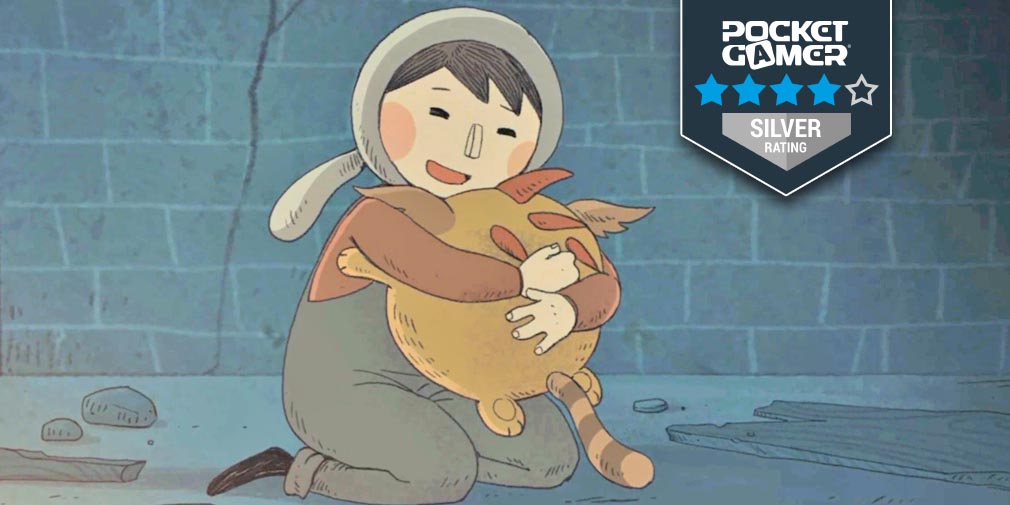Ah, Gen Z.
The cohort has been befuddling bosses for a few years now, launching thousands of hand-wringing headlines about how to manage the youngest generation of adult workers. Immune to the “lean in” ethos that defined the early-career millennials, this generation is less interested in the corner office and more interested in work-life balance.
Some employers have found their demands outrageous, sparking accusations of entitled and fragile workers who expect an emotional support group rather than a staff meeting. But as baby boomers retire and Gen Z continues to enter the labor market, smart workplaces would be wise to take note of what this generation really wants, writes my colleague Beth Greenfield: mental health support, instantaneous feedback, and a sense of what their company is really all about.
Gen Z grew up online and came of age during the pandemic, prompting them to think more seriously about their mental health. That often manifests in a greater interest in wellness benefits than other generations, and a tendency to speak up when they’re uncomfortable. That can be annoying to bosses who toiled in silence as they climbed their way up the corporate ladder, says Corey Seemiller, generational researcher, leadership educator, and coauthor of Generation Z: A Century in the Making. But she adds that it can benefit the entire workforce.
“The fact that they’re drawing attention to this is helping everybody, because it’s making work-life balance a priority for older generations like mine,” she says.
Younger workers also often need more timely feedback than a single annual review. That’s especially true in the era of hybrid work. Ongoing conversations with a manager feels less intimidating than being summoned into a sit-down meeting to be criticized.
And finally, giving younger workers a sense of where they fit into the vision and strategy of a company is key. “They don’t want to be just an indiscriminate cog in the wheel. They want to have an idea of how they fit,” says Seemiller. “That sometimes takes time—but it also creates a lot more buy-in than you would ever imagine.”
You can read more about bridging the gap between older bosses and Gen Z here.
Azure Gilman
azure.gilman@fortune.com
Today’s edition was curated by Emma Burleigh.
Around the Table
A round-up of the most important HR headlines.
Southwest Airlines will scrap more than 300 flight attendant and pilot roles, reducing services to and from Atlanta, as the company seeks to cut costs and increase revenue. NBC News
The departure of OpenAI’s CTO Mira Murati is just one of many high-level employee departures as the company restructures to stay competitive with AI rivals. Washington Post
A software company is launching an AI chatbot that resolves DEI-related questions, covering everything from company programming to how much money is needed for initiatives. The Guardian
Watercooler
Everything you need to know from Fortune.
Take backs. About six in 10 employers have already fired a Gen Z worker they hired straight out of college, reasoning they’re unprofessional and disorganized, according to a new report. —Orianna Rosa Royle
Slimming down. Disney has fired about 300 employees in its legal, HR, finance, and communications departments as the entertainment giant struggles with waning traditional TV viewership. —Thomas Buckley, Bloomberg
Hyperdrive. The employee handbook of Youtube star MrBeast details how he looks for “obsessed” workers, and that he wants them to “have a mindset that God himself couldn’t stop you from making this video on time.” —Sasha Rogelberg
Hard truths. More than 200 unionized Wells Fargo staffers signed a statement that was distributed to leadership saying that the recent death of an employee going unnoticed for four days “sheds light on the reality of what it means to be a worker at Wells Fargo.” —Chloe Berger
This is the web version of CHRO Daily, a newsletter focusing on helping HR executives navigate the needs of the workplace. Sign up to get it delivered free to your inbox.
Originally Appeared Here





